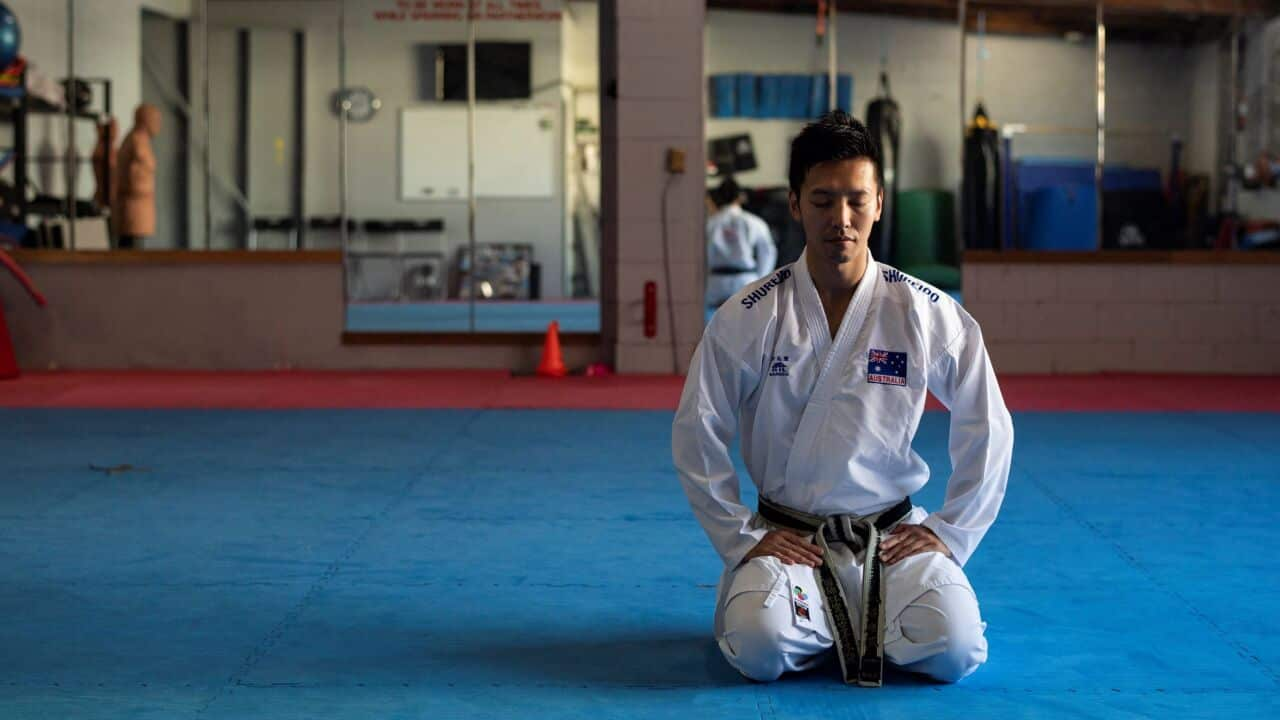Karate will make its Olympic debut on August 5 at Tokyo's indoor arena, Nippon Budokan, 'the spiritual home of Japanese martial arts'.
For the millions of people around the world that participate in karate, the inclusion of this Japanese martial art in the Olympics is long overdue. In fact, the quest to make karate an Olympic sport goes back to the 1970s, with a bid to earn a spot at the Olympics rejected on numerous occasions, including Tokyo 2020.
However, due to a reform that allows the host country to select the number of sports to be included, karate was given a second chance.
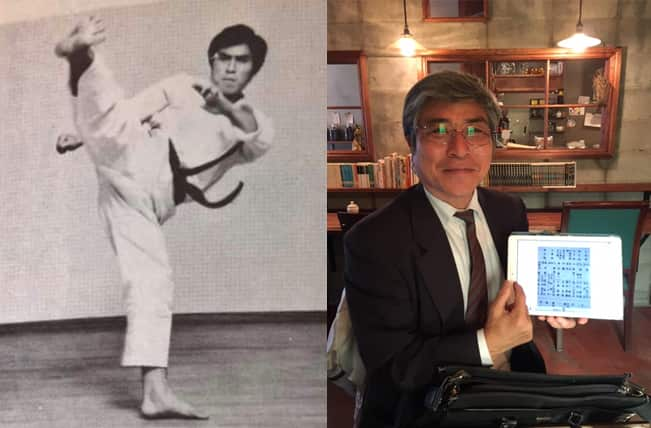
Masashi Koyama, former karate world champion and co-author of Karate Its History and Practice, says the inclusion has been welcomed, especially by the people of Okinawa, where the art originated roughly 500 years ago.
“The people of Okinawa, who have inherited the history of karate since the Ryukyu Kingdom*, are happy that both kata and kumite were included.”
Kata (forms) is a series of defensive and offensive movements, that target an imaginary opponent, while in Kumite (sparring), the emphasis is on the precision and technique measured against a real opponent- both of which are included in the Olympic program.
“Although Kata has been the main pillar for karate, Kumite has taken precedence as a sport. So, it is pleasing that both components of Karate will appear before the world,” Mr Koyama told SBS Japanese.
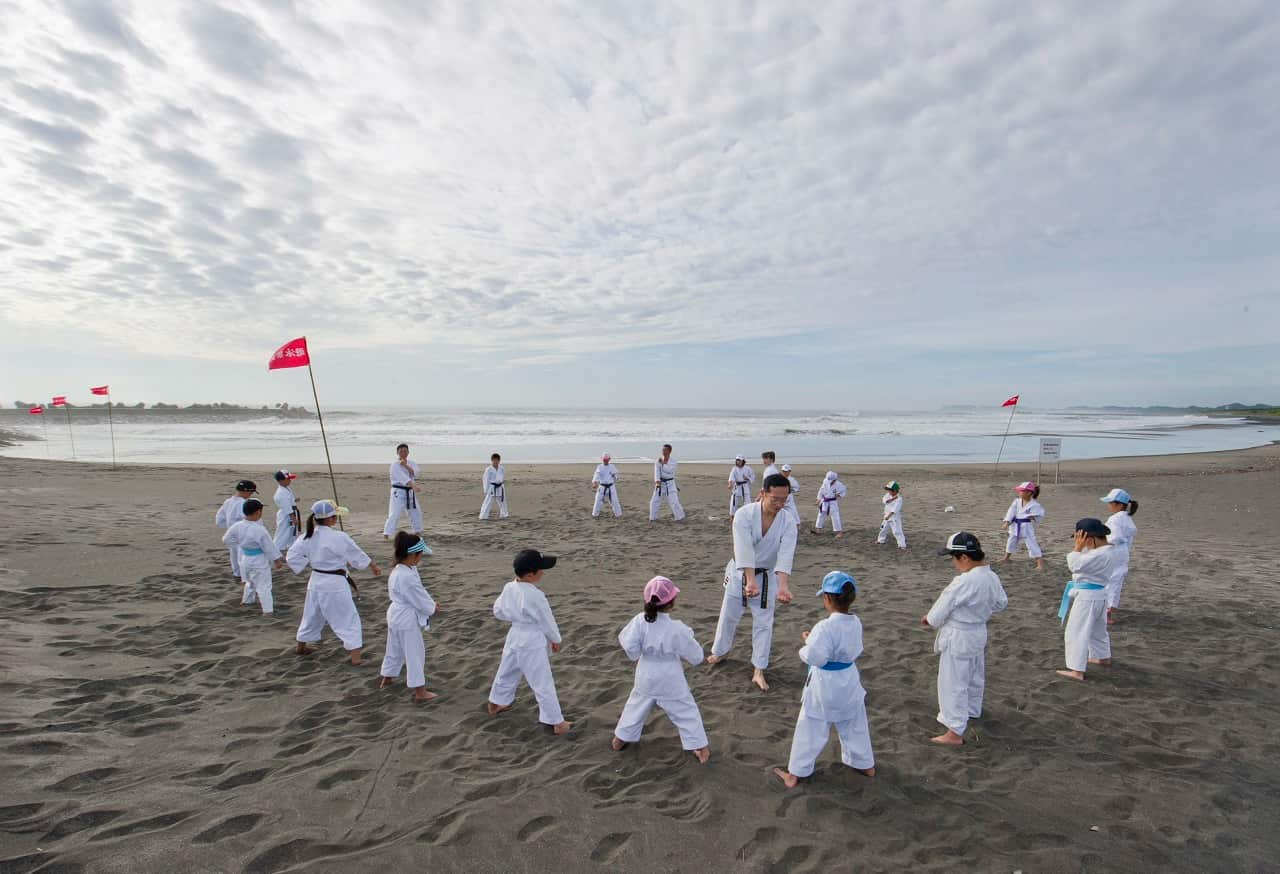
Karate originated from the Ryukyu kingdom, or what we know as Okinawa today, at a time when possession of weapons on the island was prohibited. Karate, an indigenous self-defence called “te” fused with the Chinese martial arts was a way to protect oneself and one’s country.
Karate spread across Japan’s main island during the 1920s. A key figure in the karate world, also known as the ‘father of modern karate’, was Funakoshi Gichin who dedicated his life to promoting the martial art.
He adopted the ‘dougi’ or the white uniform, and the coloured belts that symbolize the growth or progress, in an effort to modernize and popularize karate. Funakoshi’s followers established what is known as the Japan Karate Association (JKA) today.
According to the JKA, highly trained instructors of karate were sent to America, Europe and the Middle East as early as 1958 to set up ‘dojo’ or training grounds. Participants of karate steadily grew, and its popularity exploded with the release of martial art films such as Enter the Dragon (1973), featuring Bruce Lee, and Karate Kid (1984) almost a decade later.
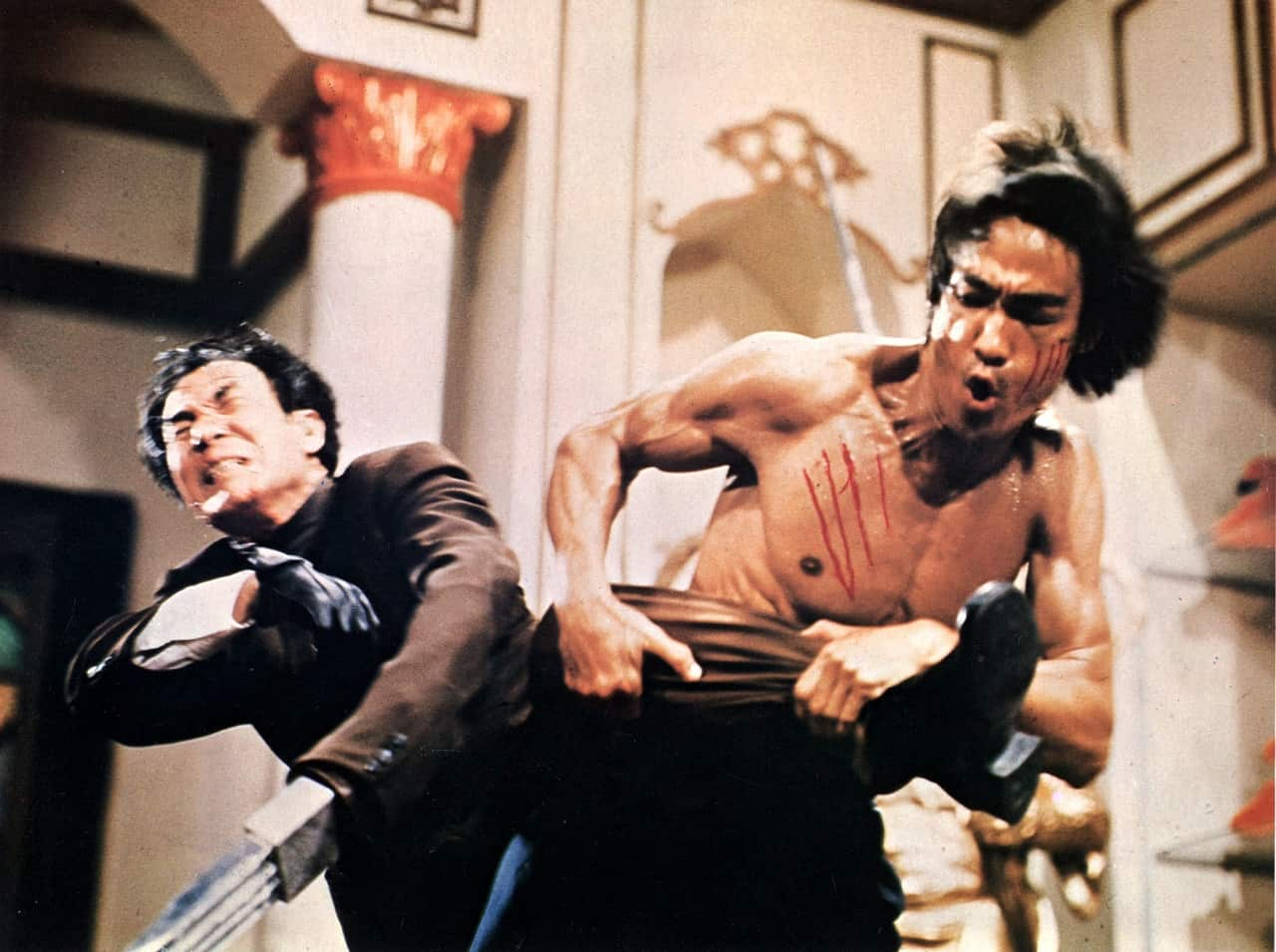
Despite the rising popularity of other martial arts in recent times, such as MMA and Brazilian Ju-jitsu, there are currently between 50-70 million participants of Karate, across 200 countries.
“Karate appeals to many, as it has various entry points. It is not just limited to competition. It is self-defence and martial arts at the same time and can make one realise about the wonders of the human body and how to exert your strength,” says Masashi Koyama.
However, despite the millions of participants worldwide and its long 70-year history as a competitive sport, karate will not be included in the Paris 2024 games.
“We had hoped for karate to become an official Olympic sport after the Tokyo games, but that is not to be.
“We must accept this reality and use the opportunity from Aug 5 to show how karate does deserve a spot in the Olympics,” Mr Koyama says.
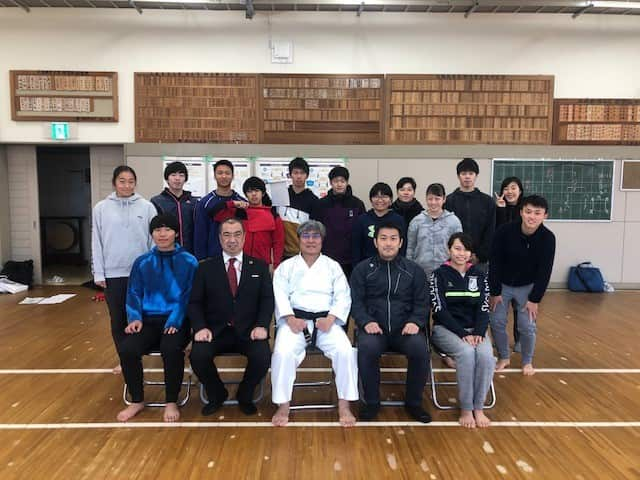
Tsuneari Yahiro will be the first and only karate athlete representing Australia in Tokyo. For the 33-year-old, it will be his first and last opportunity to compete in the Olympics.
There are only 10 athletes competing per division, so to qualify was a success in itself, but Yahiro is confident that there will be more.
“I’m confident I’ll bring back a medal (to Australia). I promise that I’ll do everything I can. Please look forward to it”, he told SBS Japanese prior to flying off to Japan last month.
Yahiro will compete in the 75 kilogram kumite division on Aug 6.
In Kumite, the battle has begun long before the competition, says Mr Koyama.
“They analyse the opponents, see how their best techniques may apply, even the tendencies of the judges.
“The one with the spirit, tenacity, calmness and the determination to never give up will be awarded the points.”
* Ryukyu Kingdom is a period between1429 to 1879, when the three kingdoms that coexisted previously (Hokuzan, Chuzan, Nanzan) were unified, before it was dissolved by Japan in 1879.
Listen to SBS Japanese Radio on Tue, Thu and Sat from 10pm
You can listen to our past stories from our podcast
And don't forget to visit SBS Japanese Facebook page!
